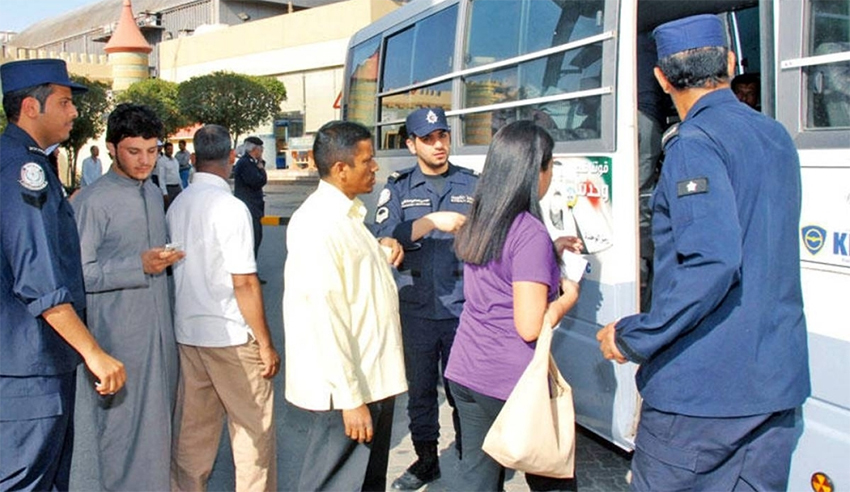07/08/2023
07/08/2023

KUWAIT CITY, Aug 7: The Deportation Prison Department of the Ministry of Interior has been exerting distinguished efforts to treat the deported expatriates in a humane manner by providing them with all the necessary services, which are not limited to just living and health care but sometimes extends to even providing flight tickets for them and their children, reports Al-Rai daily. According to security sources, the number of detainees in the deportation prison is about 784. The men’s section includes 334 detainees while the women’s section has 450 detainees and 15 children, the majority of who are from Asian and Arab communities.
The average cost incurred by the Ministry of Interior per day for a prisoner is KD 10, which includes meals, drinks and health care. As for each child, it costs about KD 15 per day, for milk and other special needs for children such as toys and clothes. The sources affirmed the keenness of the deportation prison administration to provide health care facilities for the inmates by establishing a clinic for men and another for women, in addition to a dental clinic.
They also affirmed the keenness of the Ministry of Interior to deport all those who are in the deportation prison. The sources explained that the delay in deportation is sometimes due to reasons beyond the control of the ministry such as the travel dates and high ticket prices, in addition to the dilemma facing some women who do not want to leave their children, and their insistence on traveling with them to their country, despite the existence of valid residence permits for them, especially since some of them do not have a breadwinner other than their mother in Kuwait.
Accordingly, the deportation prison department exerts humanitarian efforts to provide fl ight tickets through charity committees or donors so that the children can be deported along with their families. About 150 expatriates are deported every day, amid strict police security measures, and with the support of the women police. It is noteworthy that the maximum capacity of the deportation prison is about 1,200 inmates, divided between 700 male inmates and 500 female inmates. The deportation prison administration receives a deportee, provided that he has a valid fl ight ticket and passport or a valid travel document issued by his country’s embassy


